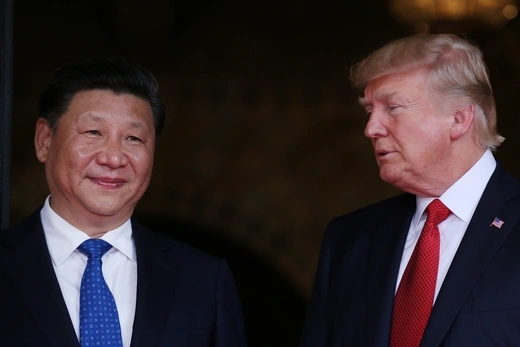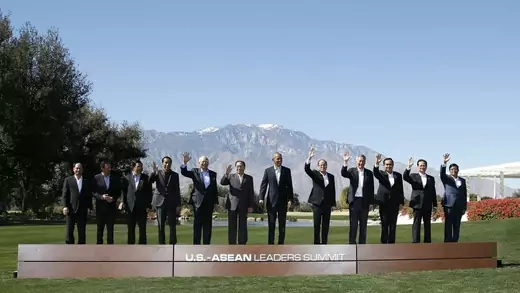- Iran
- Israel-Hamas
-
Topics
FeaturedIntroduction Over the last several decades, governments have collectively pledged to slow global warming. But despite intensified diplomacy, the world is already facing the consequences of climate…
-
Regions
FeaturedIntroduction Throughout its decades of independence, Myanmar has struggled with military rule, civil war, poor governance, and widespread poverty. A military coup in February 2021 dashed hopes for…
Backgrounder by Lindsay Maizland January 31, 2022
-
Explainers
FeaturedDuring the 2020 presidential campaign, Joe Biden promised that his administration would make a “historic effort” to reduce long-running racial inequities in health. Tobacco use—the leading cause of p…
Interactive by Olivia Angelino, Thomas J. Bollyky, Elle Ruggiero and Isabella Turilli February 1, 2023 Global Health Program
-
Research & Analysis
FeaturedFollowing a long series of catastrophic misadventures in the Middle East over the last two decades, the American foreign policy community has tried to understand what went wrong. After weighing the e…
Book by Steven A. Cook June 3, 2024
-
Communities
Featured
Webinar with Carolyn Kissane and Irina A. Faskianos April 12, 2023
-
Events
FeaturedJohn Kerry discusses his work as U.S. special presidential envoy for climate, the challenges the United States faces, and the Biden administration’s priorities as it continues to address climate change.
Virtual Event with John F. Kerry and Michael Froman March 1, 2024
- Related Sites
- More
May 28, 2014
Southeast AsiaSenior Fellow for Southeast Asia Joshua Kurlantzick details the region's startling democratic regression, assesses the reasons behind this recent stagnation, examines the role of the United States, and offers recommendations for policy options to help support the foundations of democracy in Southeast Asia.

October 11, 2021
CompetitivenessSouth Asia will be both the venue for and the source of intensifying U.S.-China and China-India rivalries. The United States should prepare to manage these rivalries by collaborating with allies and …

August 3, 2017
Southeast AsiaSoutheast Asians inhabit a region increasingly shaped by competition between the United States and China. This report highlights the perspectives of leading scholars of international affairs from Southeast Asia on important issues facing the region.

June 21, 2016
Southeast AsiaOverview Competition between the United States and a rising China has shaped the contours of global politics, security, and economics since the beginning of the twenty-first century. However, the …

April 7, 2021
ChinaIn an era of intensifying U.S.-China friction and volatility, the risks of conflict are real and growing in East Asia, and U.S. policymakers should revitalize existing tools and build new ones to manage an increasingly militarized competition.

 Online Store
Online Store
